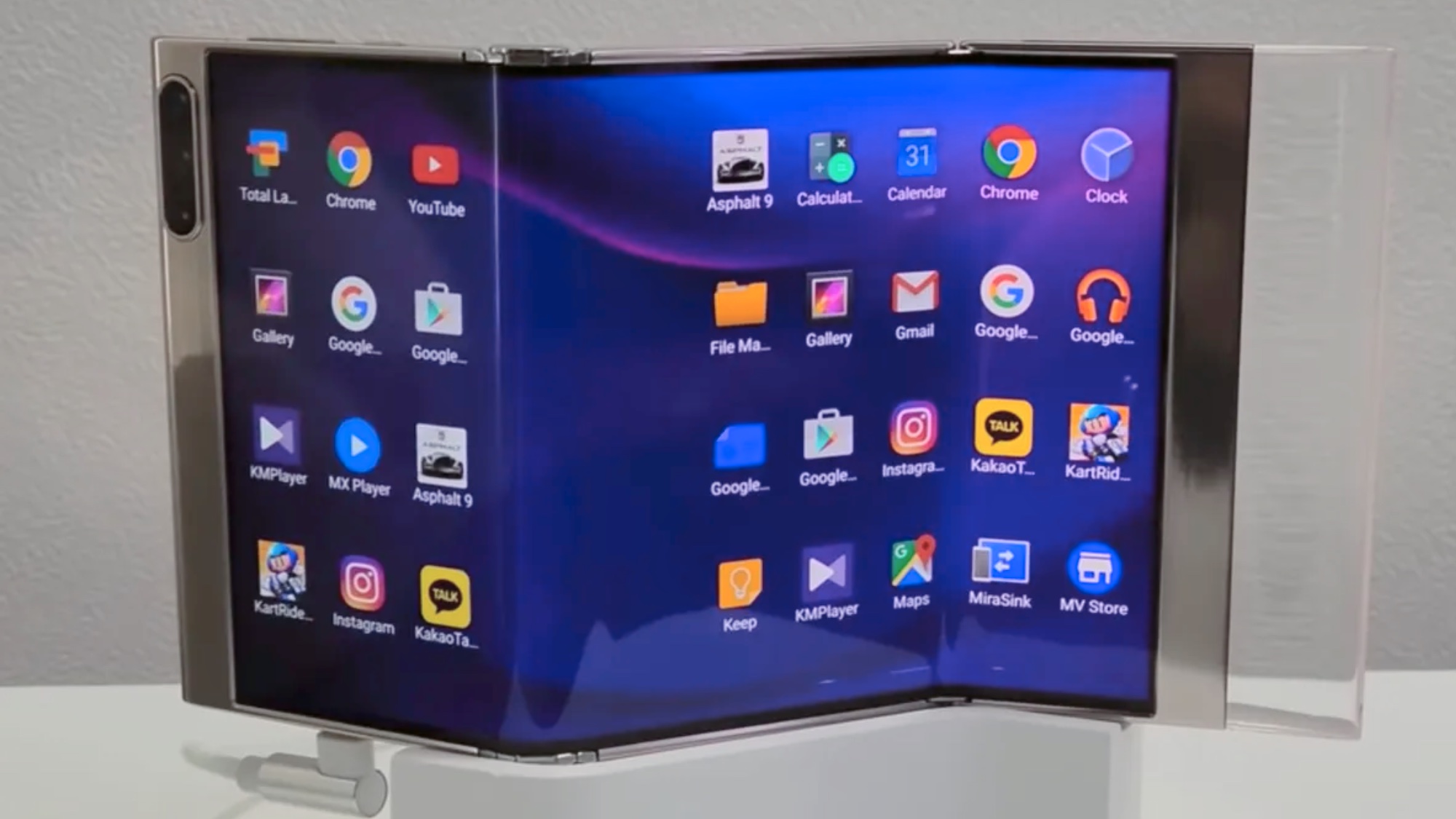Google Chrome Adds Parental Controls, Paranoid Mode to Come
Chrome's new parental controls feature lets Google account holders set up 'supervised user' accounts and monitor their online activity.

Google has announced a couple of new security features for Chrome.
First, Google's long-awaited parental controls feature for both the Chrome Web browser and the Chrome operating system (OS) has gone to beta, according to a blog post on Google Chrome's website by software engineer Pam Greene.
Using the feature, anyone with a Google account (which requires a Gmail address at minimum) can set up several "supervised users," which act as sub-accounts with limited privileges. Supervised users are not full Google accounts and do not require a Gmail address.
MORE: The 40 Best Google Chrome Extensions
Full account holders, i.e. "managers," can see their supervised users' Web histories and can create blacklists and whitelists of websites and Chrome apps.
Supervised users start out with access to all websites, so managers would have to go in and manually add blacklisted sites, or configure more general security settings under "Advanced settings for supervised users" on Google's support page.
In addition, the SafeSearch filter is activated by default for supervised users, which removes a large quantity of adult or questionable content from search results.
Sign up to get the BEST of Tom's Guide direct to your inbox.
Get instant access to breaking news, the hottest reviews, great deals and helpful tips.
This new feature is available on the Chrome browser for Windows, Mac, Linux and Chrome OS. You can test out the beta version by going to www.chrome.com/manage.
Supervised users are not the same as secondary accounts on your operating system, however.
Even on Chrome OS, a supervised user — for example, a son or daughter of the person holding the Google account — would be able to, under certain circumstances, close out of the Chrome browser and start a new, unmonitored browser session using the account holder's profile.
To prevent that workaround, Google account holders can remove their own Chrome profile from a computer once they've registered a supervised user on the device, or can simply sign out of Chrome before letting a supervised user onto the computer.
This supervised user feature will make Chrome and Chrome OS even more appealing to teachers and parents, who may already favor giving cheap Chromebooks to students and children instead of more expensive Windows or Mac laptops.
Paranoid Mode for Chrome Browser
In addition, Google Chrome engineer Chris Palmer hinted over Twitter that Google is working on a "Paranoid Mode" for the Chrome browser.
MORE: 13 Security and Privacy Tips for the Truly Paranoid
Currently nicknamed Flake, Paranoid Mode would let users configure their browsers to automatically load secure "https" versions of websites instead of unsecured "http" versions.
Fellow Google engineer Nasko Oskov also tweeted that Flake had been in production for about a year, but hasn't been a priority within the company. There's no word on if and when Flake will ever become a finalized Chrome feature.
Email jscharr@techmedianetwork.com or follow her @JillScharr and Google+. Follow us @TomsGuide, on Facebook and on Google+.
Jill Scharr is a creative writer and narrative designer in the videogame industry. She's currently Project Lead Writer at the games studio Harebrained Schemes, and has also worked at Bungie. Prior to that she worked as a Staff Writer for Tom's Guide, covering video games, online security, 3D printing and tech innovation among many subjects.
-
stonedatheist Kinda off-topic but I just have to say it: Google hasn't used that logo for Chrome since version 9 in early 2011Reply -
schmid Everybody can earn 250$+ daily... You can earn from 6000-12000 a month or even more if you work as a full time job...It's easy, just follow instructions on this page, read it carefully from start to finish... It's a flexible job but a good earning opportunity.. go to this site home tab for more detail ..>>>>> ▆▅▃▂ BAY89.ℂℴℳReply -
virtualban Chrome, the new best browser for downloading another browser, preferably a portable one.Reply
